“Even editors, when they are writing, need editors. We get as close to our work—and need as much support—as the authors we work with.”
I selected the above quote from a dog-eared paperback on my bookshelf entitled, Self-Editing for Fiction Writers by Renni Browne and Dave King. The wisdom contained in those two sentences is priceless. As writers, we become absorbed in the telling of our story so much so that it becomes almost impossible to see its weaknesses. We labor over every phrase—sometimes every word—for hours, days or even weeks. To this day I can’t read my books without recalling how long I suffered over certain passages. Thus, our words become precious to us, our baby so to speak, and it’s as difficult to hear our creation criticized as it is to hear someone speak ill of our child. We rise to its defense, certain that we know best. Sometimes we do, but often we don’t. And that’s when a good editor becomes our best friend.
The thought of putting my stories out there for the general public filled me with trepidation. For ten years, I had enjoyed posting in the insulated world of benign fan fiction sites, where, for the most part, harsh criticism was forbidden. If a reader couldn’t say something nice, he shouldn’t say anything at all. That’s a worthy admonition parents teach their children, and it’s a healthy environment for amateur writers to begin. In the real world, however, the world of published books, no such protection exists. If we ask people to pay to read our masterpieces, then we must be prepared to be told they are less than we dreamed. The best way to be prepared for that world is with the sharp blade of a good editor.
I happen to be the type of writer who is never satisfied with my work. I could re-write until the day I die and still not be finished. A publisher’s deadline makes that impossible. Working closely with an editor forces me to stick to a time schedule. The editor-author relationship turned out to be one of the best advantages I reaped from the publishing field. Here are just a few of the many improvements my work benefited from:
She saw things that needed to be changed that I would never have seen because I was caught up in characters and plot.
Since my books are set in the Regency time period, she forced me to live there in language and actions.
Phrases that came into use years later were forbidden no matter how well they fit into the scene.
I wrote my books in first-person, and my editor caught every instance in which I stumbled into another point of view. The same goes for writing in the correct tense.
She cut sections because of telegraphing.
She was like a doctor with a scalpel at cutting out unnecessary words—absolutely merciless.
She was obsessed over minutia but, believe me, it paid off.
And better grammar—well, that’s a given.
Having the benefit of a skilled editor is a reward every writer should treasure. It produced a product of which I could be proud, and frankly, it made me sound a hundred percent better! May I never have to write a book without one!
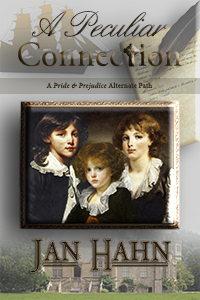 A Peculiar Connection-Amazon
A Peculiar Connection-Amazon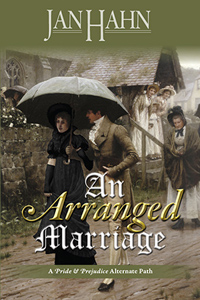 An Arranged Marriage-Amazon
An Arranged Marriage-Amazon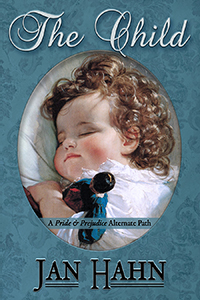 The Child-Amazon
The Child-Amazon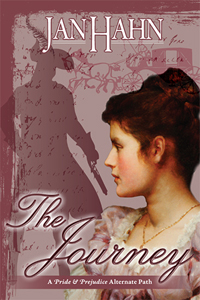 The Journey – Amazon
The Journey – Amazon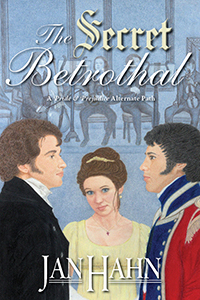 The Secret Betrothal – Amazon
The Secret Betrothal – Amazon